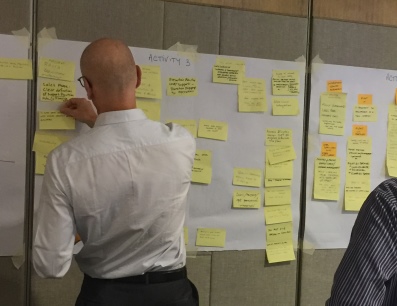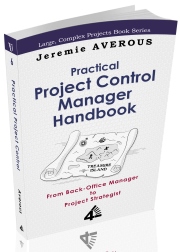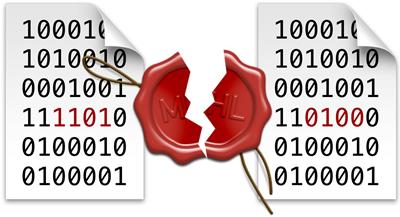Why Holding Workshops is Key to Accelerating Project Start-up
Project start-up is a particularly hurried phase and we often hear project managers and other project team members state that they are too busy to have time for workshops. However, properly conducted workshops will significantly accelerate setup and project preparation compared to traditional work approaches. In our new White Paper 2017-13 ‘Why Holding Workshops is Key to Accelerating Project Start-up’ we examine why it is the case, which workshops are particularly important to hold and what are the required features of productive workshops.
 Properly prepared and facilitated, workshops are efficient ways to co-create shared understanding and plans. The reasons are fourfold:
Properly prepared and facilitated, workshops are efficient ways to co-create shared understanding and plans. The reasons are fourfold:
- Bringing together different and varied points of views and experience to enrich the discussion,
- A dedicated span of time without interruptions to consider key issues,
- Confronting points of view thus enabling the emergence of new approaches, and the shared realization of challenges and opportunities,
- Reaching a shared vision of reality that will allow and intrinsic alignment of the team during execution.
In addition, during the project start-up phase, as team members have been gathered to execute the project, workshops serve as an excellent occasion for teambuilding.
The resistance of many people to the workshops concept might be due to past negative experiences where “workshops” were conducted which were simple meetings without proper framing, resulting in poor productivity and feel of loss of time.
Real workshops need to be properly prepared and facilitated to be effective.
Holding effective workshops is the most efficient way of supporting project start-up. This is not understood by many project teams, possibly because of the lack of properly facilitated workshop experience and the lack of experienced facilitators.
Our experience is that properly effective workshops can save weeks of conventional office collaboration and accelerate dramatically the project start-up while producing high quality deliverables that will allow the project to start on the right foot with a realistic execution plan and an effective organization. Find how in our new White Paper 2017-13 ‘Why Holding Workshops is Key to Accelerating Project Start-up’ !
If you can’t access the link to the white paper, copy and paste the following link in your browser: http://www.projectvaluedelivery.com/_library/2017-13_Workshops_Acceleration_v0.pdf












How Governance Issues Can Make or Break a Project (new PVD presentation)
Governance is an essential factor in large, complex projects.
In particular the following governance failure modes are explained:
The presentation is available on Slideshare.
If you can’t access the links directly, copy and paste the following in your browser: https://www.slideshare.net/ProjectValueDelivery/how-governance-makes-or-breaks-a-project